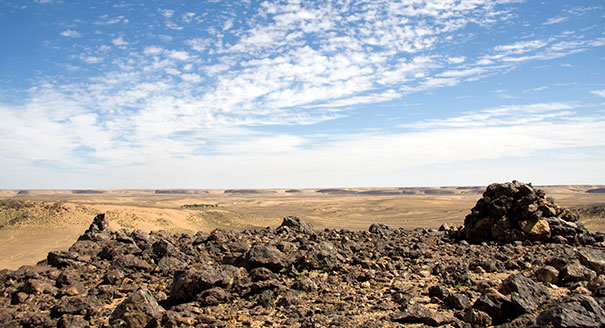Source: FRIDE
There has been a marked intensification of conflict across the Sahara and the Sahel. This has created a new normal, where ethnic tensions are reinforced, religious divisions are more pronounced and crises are less local. The current conflicts in Mali, Libya, and Nigeria – for example – show this, having been deeply shaped by a cross-section of Saharan radicalised militants that mix with transnational smuggling networks and independence movements. To be sure, the old normal was also marred by terrorism and other forms of political violence, border disputes, and occasional acts of banditry. But the nature of conflicts in the Sahel and the Sahara has changed, and the patterns of violence have become more complex. The sources of crises have also become more mobile, acquiring a cross-border dimension that requires regional solutions. So far, bilateral, regional, and international responses have been numerous, but largely contradictory and short-sighted.The good news is that regional and international actors are increasingly aware that any effective response framework needs to be wellcoordinated, and adapted to the geographic and organisational interdependence of networks and populations across the Sahel-Sahara zones. The bad news, however, is that it has been very difficult to design and implement a coordinated security and development strategy that transcends the narrow confines of counter-terrorism, international institutional rivalries, and regional inter-state rivalries....
